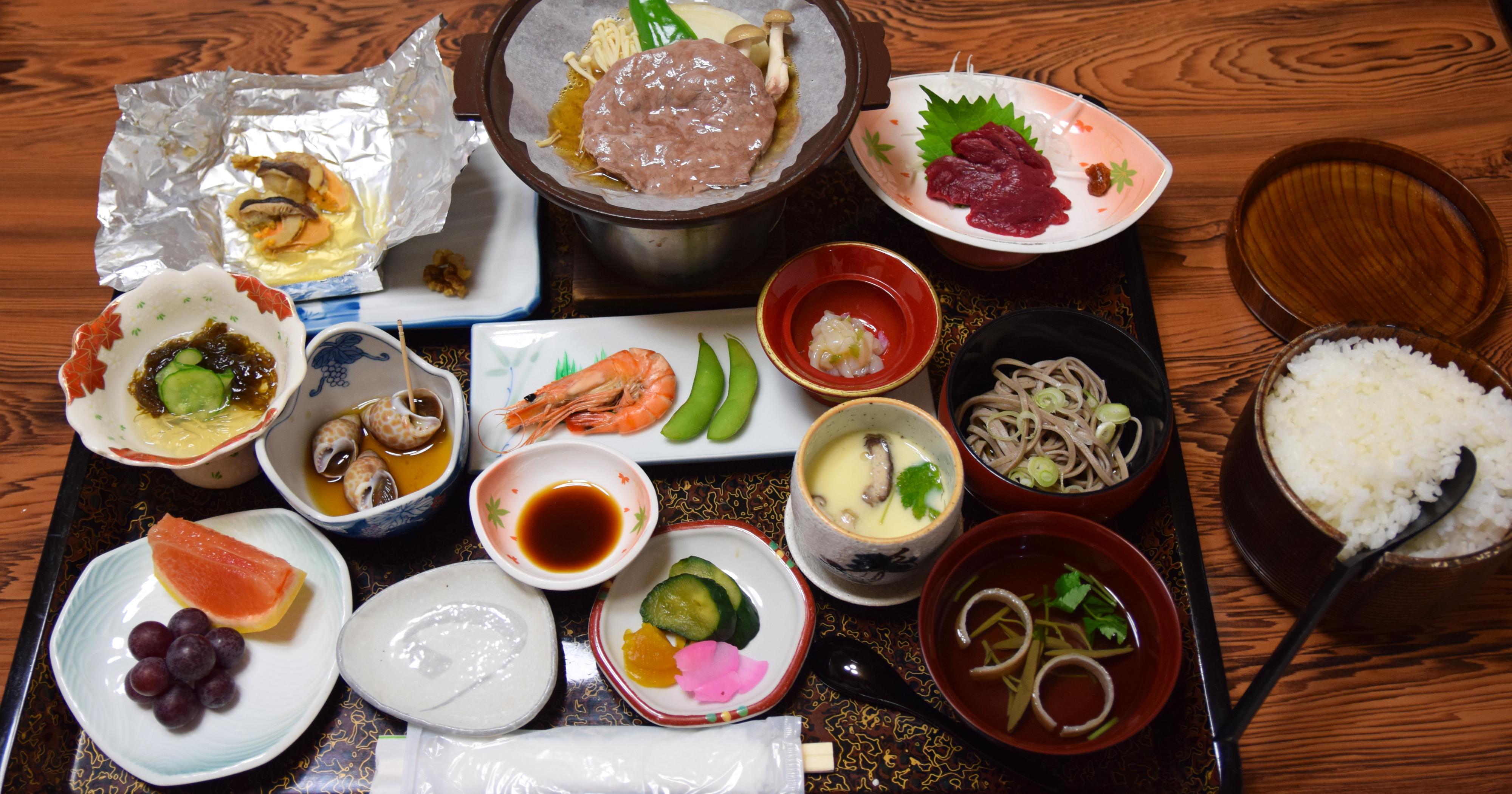The 2020 Olympics will be held in Tokyo, Japan.
According to AFP, the Japanese authorities pitched the Games in part as a chance to showcase the recovery of areas affected by the 2011 tsunami and nuclear disaster in Fukushima.
A Tokyo 2020 spokesman, Masa Takaya, has stated that promoting food and beverage products from the areas affected by the 2011 disaster is one of their basic strategies.
Producers from the Fukushima region also want their products served at the 2020 Olympic Village and have since submitted a bid to to the Games' organisers.
Strict measures taken to screen food products in Fukushima
Since the nuclear disaster, strict measures have been taken to screen all local products in Fukushima.
For instance, a maximum of 100 becquerels of caesium radioactivity per kilogram (Bq/kg) of food are allowed by Japan, compared to 1,250 Bq/kg by the European Union and 1,200 Bq/kg by the US.
Some 9.21 million bags of rice were examined from April 2018 to March 2019, and none of them exceeded the Japanese limit.
A total of 2,445 samples of fruit and vegetables, 4,336 pieces of meat and 6,187 ocean fish were also examined.
According to the director of the Fukushima Agricultural Technology Centre, only river fish and wild mushrooms have been found to exceed the limits on six occasions.
The assistant director general of the local government's agriculture and forestry planning division has also stated that Fukushima is second only to Hokkaido in terms of meeting specified criteria for food products.
However, it remains up to the International Olympic Committee to decide if Fukushima will be allowed to serve athletes food such as rice, fruits, beef and vegetables at the 2020 Olympic Village.
South Korea concerned about food safety
South Korea, in particular, has voiced its concerns over food safety at the 2020 Olympics, demanding objective data verified by an independent third body to back up claims made by the Japanese government.
They have even considered bringing in their own food to feed their athletes, The Guardian reports.
The International Olympic Committee is still deciding how to go about handling the matter, as food menus and catering companies for the Olympic Village are still in talks.
It remains unclear whether countries around the world will be convinced that produce from Fukushima is completely safe, despite the Japanese government touting strict checks on food from the region.
After all, many countries like China, South Korea and the U.S. have maintained restrictions on some or all food imports from Fukushima.
Tokyo Olympics 2020 is innovative:
Top image via Raita Futo on Flickr
If you like what you read, follow us on Facebook, Instagram, Twitter and Telegram to get the latest updates.
